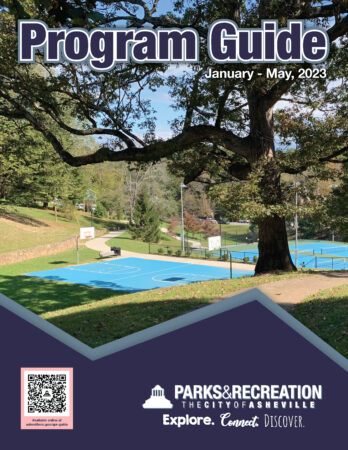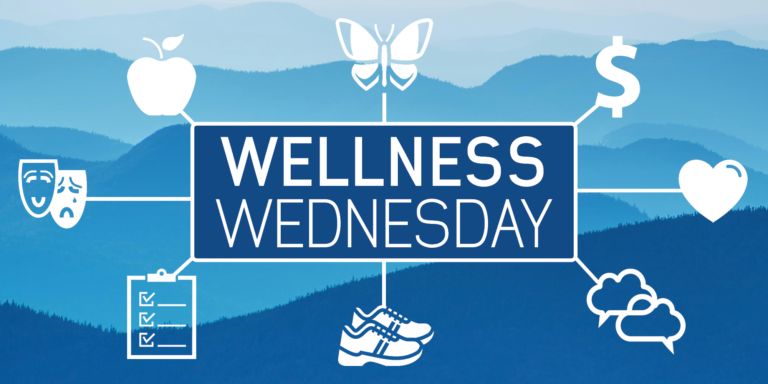If you’re making a New Year’s resolution, you’re not alone. Anyone who’s ever been to one of Asheville Parks & Recreation’s fitness centers during the first couple of months of the year has witnessed the arrival of “resoluters” thin by the week.
 Limited research concludes somewhere between 9-12 percent of those who set a resolution are successful in meeting that goal. When a time management firm polled people about their New Year’s resolutions, most said they broke their resolutions because they had too many things to do or simply weren’t committed, but the goals could just be the wrong ones.
Limited research concludes somewhere between 9-12 percent of those who set a resolution are successful in meeting that goal. When a time management firm polled people about their New Year’s resolutions, most said they broke their resolutions because they had too many things to do or simply weren’t committed, but the goals could just be the wrong ones.
According to running author Jen A. Miller, a resolution may be wrong for one of three reasons:
- It’s based on what someone else (or society) is telling you to change.
- It’s too vague.
- You don’t have a realistic plan for achieving your resolution.
Miller suggests setting SMART goals for ultimate success. SMART is an acronym for specific, measurable, achievable, relevant, and time-bound.
Specific: Your resolution should be absolutely clear. Rather than making a goal to read more books, say you want to read at least one more book each month.
Measurable: This may seem obvious if your goal is fitness or weight loss related, but it’s also important if you’re trying to cut back on something, too. If you want to stop biting your nails, take pictures of your nails over time so you can track your progress in how they grow back out. Logging progress in a journal or via an app designed to help track behaviors can reinforce progress.
Achievable: Trying to take too big a step too fast can leave you frustrated or affect other areas of your life to the point that your resolution takes over. For example, resolving to save enough money to retire in five years when you’re 30 years old is probably not attainable, but saving an extra $100 a month may be.
Relevant: Is this a goal that really matters to you? Resolving to lose weight because you feel obligated, remorseful, or passionate in the moment may not last long. Changing the structure of your life because you believe it will be good for you yields greater success.
Time-bound: Like “achievable,” the timeline toward reaching your goal should be realistic, too. For some people, this means small goals build on one another for greater progress. Maybe learning 50 words in a new language during the first month of the year leads to a goal to improve pronunciation and ultimately listen, speak, read, and write with more ease.
 Asheville Parks & Recreation has hundreds of opportunities in 2023 to try something new, get active, and spend more time with friends and make new ones. Pick up a current program guide at any community center, download the avlREC app for iPhone, or browse the digital flipbook online.
Asheville Parks & Recreation has hundreds of opportunities in 2023 to try something new, get active, and spend more time with friends and make new ones. Pick up a current program guide at any community center, download the avlREC app for iPhone, or browse the digital flipbook online.
Note: Wellness Wednesday is transitioning from twice a month to an occasional series. Asheville Parks & Recreation will continue to share resources and tips that can help in the development of intellectual, emotional, occupational, environmental, financial, spiritual, physical, or social wellbeing on its Facebook page. For previous Wellness Wednesday articles, check out the archive.
